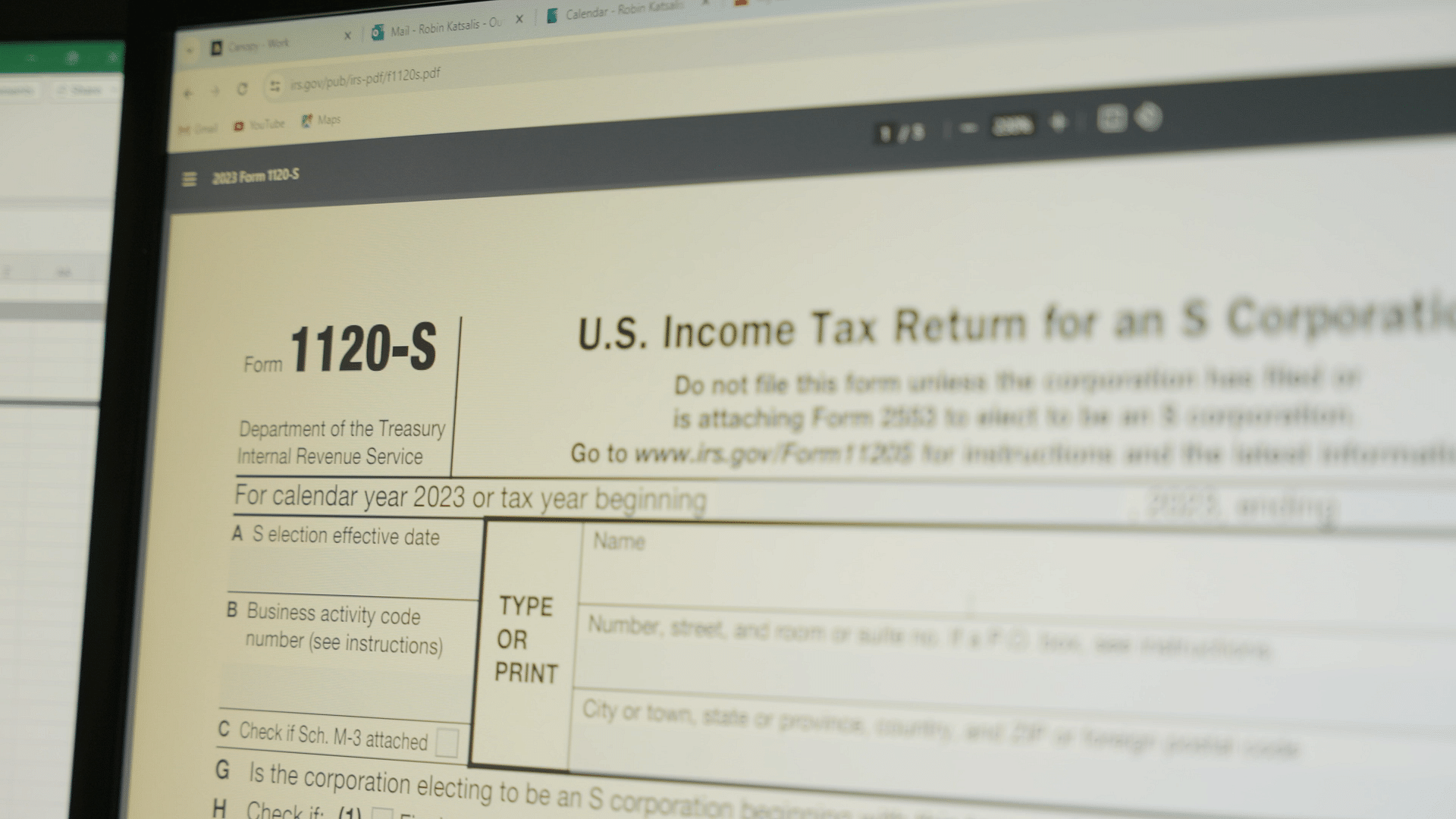
Bookkeeping for Remodeling Business: 5 Strategies to Consider
Nov 30th, 2022
Construction and remodeling businesses don't operate the same way as, say, the corner grocery store. As opposed to selling goods with relatively stable and predictable pricing, remodeling businesses provide a service with varying prices, wages that differ from job to job, and materials that can fluctuate dramatically in price. All of these and more can make accurate, effective bookkeeping for remodeling businesses difficult, which can lead to costly mistakes. Instead, try some of these strategies to keep your finances in order and help your business thrive.
Why Is Bookkeeping for Remodeling Businesses Different?
Bookkeeping for remodeling contractors depends on a wide spectrum of details, some of which busy contractors simply don't have the time or the necessary experience to account for. For goods-based businesses, bookkeeping accounts for stable pricing of the goods bought and the goods sold, with additional fees and expenditures like wages, insurance, maintenance, etc. All of these things can usually be estimated fairly easily, making for quick and effective revenue projections.
When it comes to the remodeling business, though, things start to get complicated. One of the main reasons bookkeeping for remodeling businesses can get messy comes down to the project-driven nature of the industry, where individual projects come at unpredictable times and can result in drastically different profits. This unstable cash flow makes it hard to estimate revenue and is affected by other highly individualized factors like wage rates, materials costs, insurance fees, equipment repairs, overtime, taxes, and a host of other surprises. However, without accurate bookkeeping, it can be difficult to estimate which jobs are even worth taking-resulting in wasted time, lost profits, tax headaches, etc. In the end, improper bookkeeping can even result in bankruptcy.
Best Strategies for How to Build a Successful Remodeling Business
When it comes to making your remodeling business successful, knowing how to perform the actual job is only one part of the equation. Even the most skilled construction experts and contractors need to have some idea of the business practices that make for accurate, efficient bookkeeping. That way, business owners can account for inefficiencies and lost profits and take concrete steps to correct them. If you're looking for better bookkeeping for remodeling businesses, try some of these strategies:
Pay Attention to the Details
Good bookkeeping starts with good record-keeping. That is, every dollar you spend on behalf of your business should be written down-be it weekly, monthly, quarterly, or yearly. Keep detailed financial records in the form of receipts and invoices, and avoid paying work-related fees with cash, as these transactions are harder to track.
You can use a notebook or ledger to record payments (including identifying information like the amount, date, account number, who it's to, and what it's for) but many businesses benefit from online services for keeping track of and backing up important financial records. These programs can also be used to display specific information in detailed methods to track trends and otherwise illustrate your cash flow in helpful ways.
Some of the most useful account information can be recorded like this:
- Accounts payable (including rent, utilities, equipment, and insurance)
- Accounts receivable (direct payments from customers and payments from general contractors if you're a subcontractor)
- Project-specific costs (such as payroll, subcontractor payments, and materials purchases)
Nail Down Your Job Costing
"Job costing" is the process of tracking the fees and revenues of individual jobs for the purpose of estimating the cost of future jobs. This is especially important for construction and remodeling businesses as it accounts for the uneven nature of cash flow and helps you determine which types of projects will be profitable and which ones aren't worth your time.
Basic job costing requires you to break down the three essential components of each job: labor, materials, and overhead. By assigning different costs to these three categories and then adding them up, you'll be left with not only the overall cost of a job but the individual categories in which you can identify inefficiencies for future reference.
Track Hours Diligently
Wages and payroll are a complex part of any project. If you hire subcontractors, you may be looking at a mix of salaried employees and both union and nonunion workers. Depending on everyone to accurately account for their hours can set you up for headaches when the final bill is due, so investing in web-based tools or automated apps to help digitally keep track of hours can help you in the long run.
Keep Track of Inventory
Material prices have skyrocketed in recent years, and the variable nature of pricing can make bookkeeping for remodeling contractors especially difficult from job to job and year to year. Plus, many jobs end up requiring more materials than originally budgeted, meaning that if you're constantly dipping into your inventory, you can find yourself out of materials and looking at blowing your budget to restock.
Find a system that accounts for individual materials in your inventory and follow it strictly. This might mean investing in a digital inventory tracking system or limiting the number of employees who have access to your materials stock in order to keep too many variables from adversely affecting your supply.
Keep Your Income Up-To-Date
Because cash flow can change suddenly on a job site, it's better to update incoming payments as they happen instead of waiting for the final figure. This way, you can always be aware of the current financial realities of your project and adjust your budget accordingly.
Ask For Help
Finally, one of the most responsible decisions you can make for your remodeling business is to get the help of bookkeeping experts. Small business accounting services can take the guesswork out of bookkeeping, tax preparation, payroll management, and other crucial services that your business needs but you might not have the time or know-how to provide. If you're looking for bookkeeping for construction in New Hampshire or throughout the U.S., Appletree Business Services has decades of experience in helping small firms and independent contractors grow their businesses, save money on taxes, and save the headaches that come with balancing physical labor with financial record keeping. Contact Appletree Business Services to meet with a dedicated business advisor and see how we can help your remodeling business thrive.


Let’s Help Eliminate Your Stress
If you choose Appletree Business Services for your bookkeeping, payroll or tax needs, you’ll find that good things begin to happen in your business. Your common financial challenges will become simple with a clear map to create your ideal situation. More than that, we’ll identify your “typical” stresses and help make them go away.